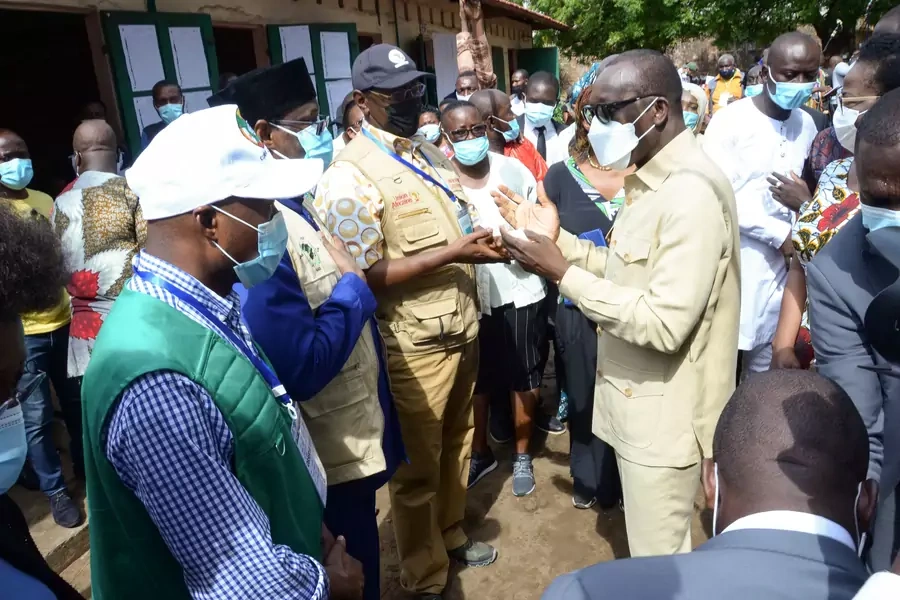Benin's Democracy Continues its Downward Spiral

Benin has been something of a poster child for African democracy following its move away from Marxism–Leninism after the collapse of the Soviet Union. No longer. On paper, Benin is a constitutional democracy conducted according to the rule of law. But since Patrice Talon was elected in 2016, the president has systematically squeezed the substance out of the democratic and constitutional forms, leaving only a shell. Over time, Talon has intimidated or banned the opposition, politicized the security services and the judiciary, and limited the media. Freedom House has charted the downward spiral: between 2019 and 2020 it lost its status as a “free” country. The African Court on Human and Peoples’ Rights, a part of the African Union (AU), also publicly criticized the trajectory. Talon's response was to withdraw Benin from the court's jurisdiction. The April 11 presidential elections are a major signpost of the transition to an authoritarian—if weak—state. Talon banned opposition candidates, the supporters of whom boycotted the election. Turnout was perhaps 26 percent of those eligible to vote.
African reaction to the elections is disappointing but not surprising. Election observers from the Economic Community of West African States (ECOWAS) and the AU praised the elections as being "calm" and "orderly." Election observers from African organization tend to be loath to criticize elections in African countries. The U.S embassy's official statement after the elections was conventional if hardly hard-hitting. It called on those aggrieved to pursue their claims in the courts not the streets, urged the government to “consult with all stakeholders” on the way forward, and expressed concern about the low turnout. (Benin has been a political ally in the struggle against jihadism in West Africa.)
More on:
Over time, authoritarian rule is like to promote instability in Benin—as it has elsewhere in Africa. For now, however, Talon appears to have gotten off scot-free. He is not a tyrant in the style of Uganda's Idi Amin or even of Chad's Déby, thereby muting Western criticism. Indeed, he appears to be an example of a new style of African "Big Man" who comes to power without need for a military coup. No longer do military units seize the central bank, the presidential palace, the radio station, and install one of their own as president. Instead, duly elected heads of state gradually erode democratic and constitutional norms. John Magufuli in Tanzania was another example of this approach, and he, too, appeared to be successful until he literally dropped dead.
This publication is part of the Diamonstein-Spielvogel Project on the Future of Democracy.
More on:
 Online Store
Online Store
